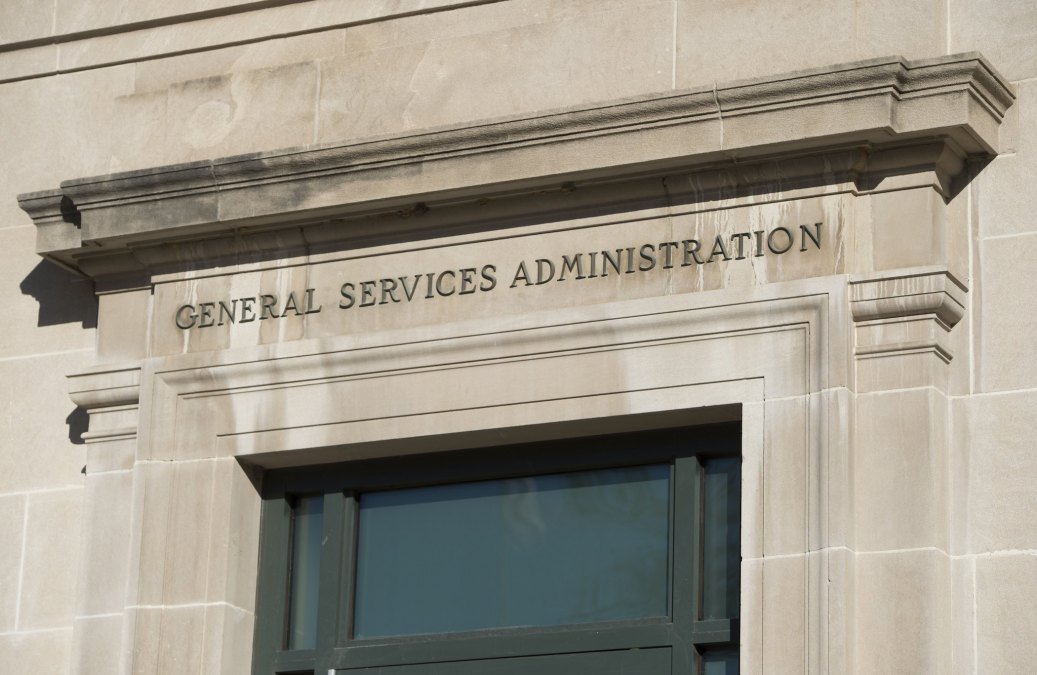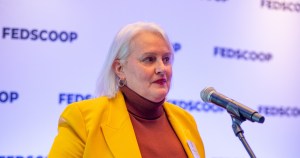Biden administration seeks technology to drive vision of net-zero emissions for federal buildings by 2045

The Biden administration is on the hunt for innovative technologies that could improve the sustainability and environmental-friendliness of federal buildings with the support of the largest climate investment in the nation’s history, according to a Monday announcement.
In June, the General Services Administration announced that it would invest $30 million from the Inflation Reduction Act to increase the sustainability of federal buildings in partnership with the Department of Energy. The administration is now requesting information from interested vendors that can provide solutions to help meet President Biden’s goal of net-zero emissions for federal buildings by 2045.
The project is part of the GSA’s Green Proving Ground (GPG) program, which works to evaluate innovative building technologies under the agency’s mission as the federal government’s real estate manager. Technologies selected through the program go on to be piloted at one or more federal buildings — or at private buildings with the evaluation of DOE’s national labs — and that, in turn, gives the companies that provide the technologies an opportunity to scale.
“The GPG program is one way we’re creating the technical foundation for long-term, transformational changes,” GSA Administrator Robin Carnahan said in the release. “We’re aiming for a triple win: more good American jobs, cost savings to taxpayers from a reduced energy consumption and a healthier future for all Americans.”
The announcement specifies that submissions should be for under-utilized or early commercial technologies that are ready for evaluation in already operational and occupied buildings. These systems will be considered for the GPG program or DOE-facilitated partnership programs.
The technology solutions the administration is soliciting include those that support deep energy retrofits, all-electric buildings and vehicle fleets, net-zero operations, healthy and resilient buildings, and building commissioning and control.
So far, GPG has deployed 32 evaluated technologies in more than 700 facilities, according to the Monday release. This has resulted in more than 116,000 tons of annual CO2 reduction and $28 million of annual savings, per GSA.
“GSA’s Green Proving Ground program helps unlock the technologies and cost savings we need to meet President Biden’s Federal sustainability goals, including achieving net zero emissions by 2050,” Andrew Mayock, federal chief sustainability officer with the White House Council on Environmental Quality, said in the June release.
The program typically selects four to five companies every year to improve GSA’s real-estate portfolio, but annual capacity has grown dramatically because of the IRA funding. In fiscal 2023, selected 20 technologies, and this latest RFI, the agency said, “will result in more than triple the number of technologies in the program.”
Previous pilot projects under the GPG program have focused on onsite renewables and evaluating energy storage technology that is said to be the size of a large laptop and installed beneath a rooftop photovoltaic system, according to the June announcement. The GPG also piloted a wind turbine meant to be installed at the edge of a building’s roof to complement rooftop solar panels.
The program also evaluated greenhouse gas accounting technology that “will aim to go beyond annual greenhouse gas reporting to operationally focused carbon management,” according to the June release. The tech will provide near-real-time, constant electricity impacts and insights.
Submissions for the latest RFI will close on Dec. 8.






